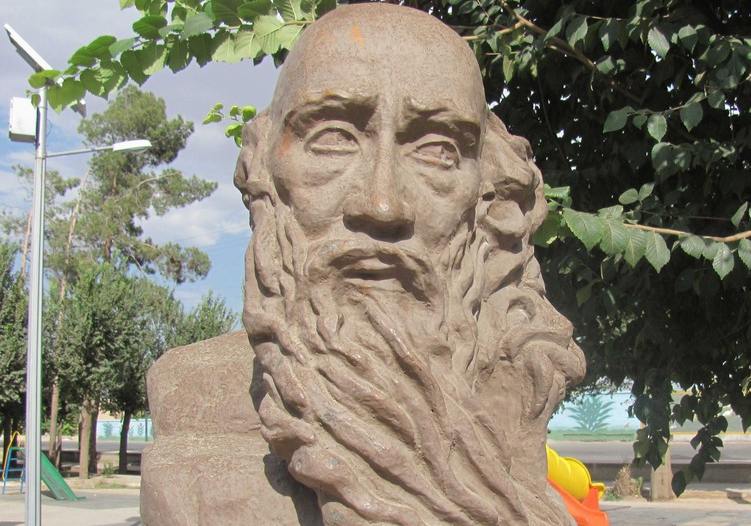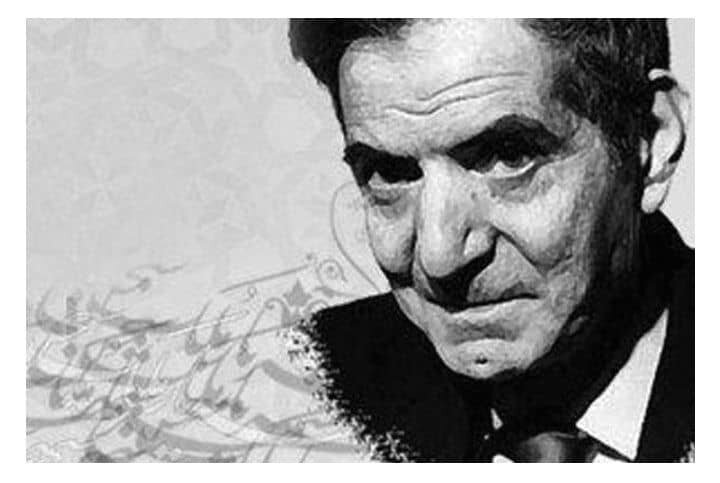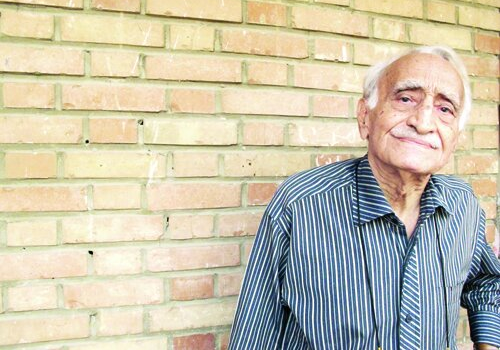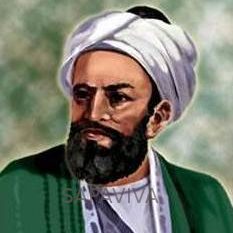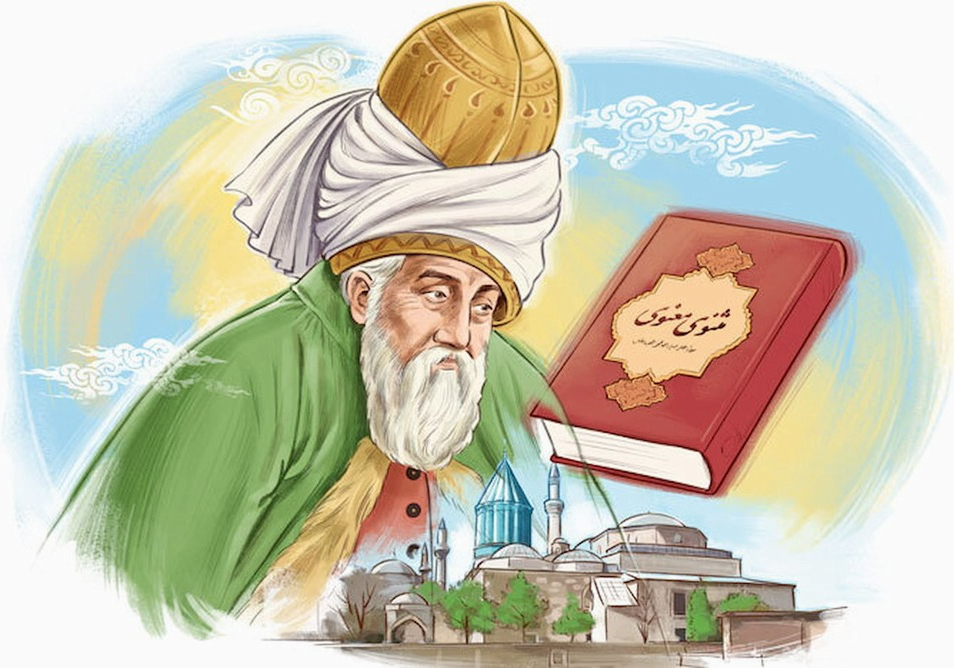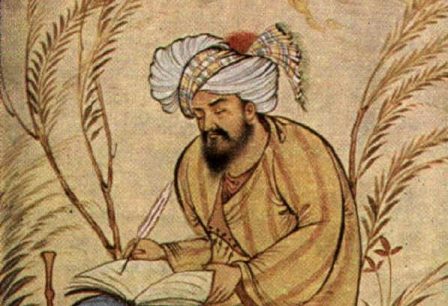
Rudaki: The Great Iranian Poet
Abu Abdullah Jafar ibn Mohammad, popularly known as Rudaki was the first great poet of the Persian language and is referred to as the father of Persian poetry. Rudaki was born in the Rudak district of the city of Samarqand in the year 858 CE. At the age of eight, he learned and memorized the Holy Qur’an and simultaneously began his poetry.
The Samanid era is said to have been the era of rationalism and the revival of rational thinking. Thanks to the efforts of the culture-loving people and the learned ministers of the Samanid court, science, knowledge, culture and philosophy flourished in Iran during this era, and their fragrance spread throughout the world of those days.
As a matter of fact, the Samanids had made a lot of efforts to revive the Persian language and literature. On the one hand, they worked for strengthening and expanding the Persian language by encouraging poets, writers, and translators to create works in this language, and, on the other hand, they encouraged those who were fond of Iranian culture and civilization to create prose and poetry works like Shahnameh of Ferdowsi Tusi, the renowned Iranian poet. Prominent poets, such as Rudaki, who were influenced by the existing scientific-rational trend of their time, made poetry a means to express their philosophical and theosophical thoughts. Rudaki was a poet in the Samanid court and composed poems in praising Amir Nasr bin Ahmed Samani and other courtiers. He believed in Epicureanism - developed by the Greek philosopher Epicurus - and these thoughts may have formed the intellectual foundation of people like Khayyam, Attar and Hafiz.
Inventing New Formats in Persian Langguage
Rudaki is considered to be the first poet to compose poems in modern Persian and is referred to as the “father of Persian poetry”, because before him no one had a “divan of poetry” in modern Persian. Rudaki separated Persian poetry from following Arabic poetry and created new Persian metres and forms for it, and by translating various books of poetry and composing ghazals and eulogies, he paved the way for the development of Persian poetry. He is also known as the innovator and creator of couplets.
Many future Iranian poets have honored him by using the verses of his poems in their works of poetry. Undoubtedly, the most famous poem composed by Rudaki is the ode that he wrote for making Amir Nasr Samani return to Bukhara with the title of: “There Comes the Smell of the Fragrance of the River Muliyan”. His mastery in poetry and music had such an impact on Abu Nasr Samani that he left Herat for Bukhara without shoes after hearing this poem.
Despite having lived before many great Iranian poets, Rudaki is considered one of the most prolific poets of Iran. The first person who spoke about the number of Rudaki’s poems was Rashidi Samarkandi who said: “I counted his works of poetry thirteen times and they contained one hundred thousand verses.” Thus it must be said that Rudaki was a very active poet. Most of the biography writers, including Jami in his book Baharestan, Amin Ahmad Razi in Haft Iglim, Nejati in Basatin al-Fuzala, too, have mentioned almost the same number as Rashidi. Many biographers and poets who lived close to his time believed that Rudaki was blind by birth, and some have called him the “dark-eyed poet”. Ferdowsi and Nasser Khosrow can be mentioned among the people who have mentioned his blindness.
Works
The American scholar of Iranian and Central Asian studies, Richard Frye, believed that Rudaki has had a major role in changing the Pahlavi script to modern Persian script. As mentioned earlier the number of poetry verses compose by Rudaki were about one hundred thousand. However, what is left from him are not more than 1000 verses, which include a collection of odes, Mathnavis, pieces, and quatrains. Another of his works is “Manzoomeh Kelileh and Demneh” (Panchatantra), which had been translated from Arabic to Persian and Rudaki has composed it in Persian poetry.
Demise
Rudaki passed away at the age of 69 in 941 CE. His tomb is located in today’s Republic of Tajikistan, parts of which have been restored by Iranian tilers. Since 2002 a commemoration program is held on September 22, coinciding with “Rudaki Day” - in the Iranian Calendar - in his tomb.
| Name | Rudaki: The Great Iranian Poet |
| Country | Iran |
| Nickname | Rudaki |
| Production Time | Born December 25, 858 AD, Rudaki, Tajikistan Died 941 AD (age 83 years), Panjakent, Tajikistan |
| Works | Manzoomeh Kelileh and Demneh |
| Yard period | the past |
| Type | Literary,Artistic |
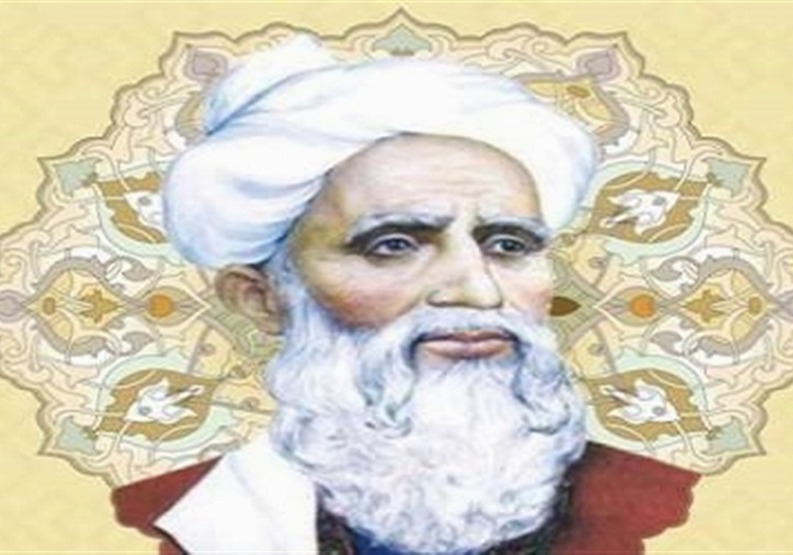
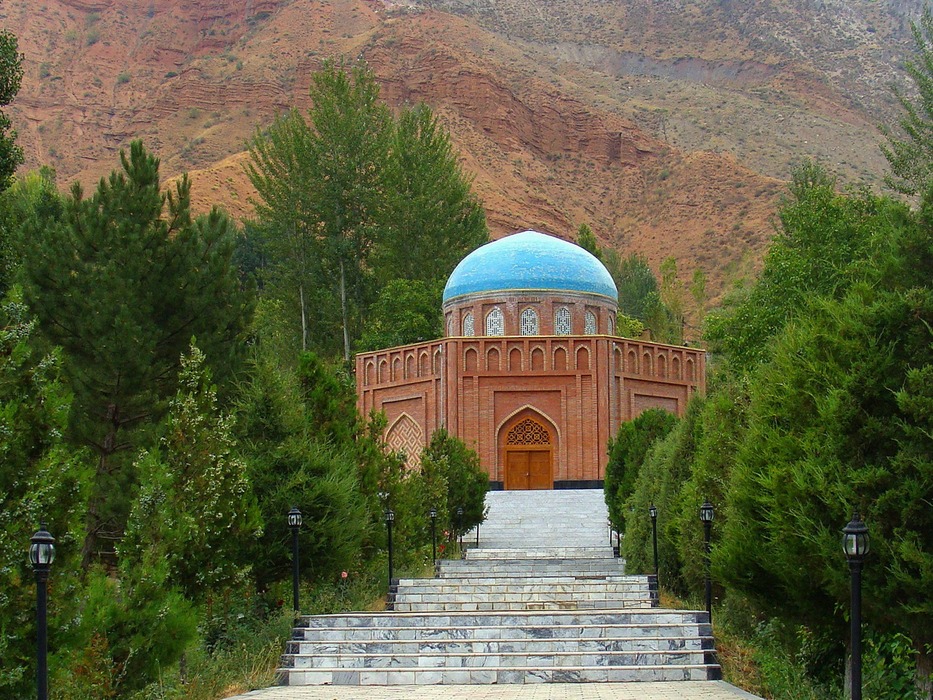


Choose blindless
Red blindless Green blindless Blue blindless Red hard to see Green hard to see Blue hard to see Monochrome Special MonochromeFont size change:
Change word spacing:
Change line height:
Change mouse type:
